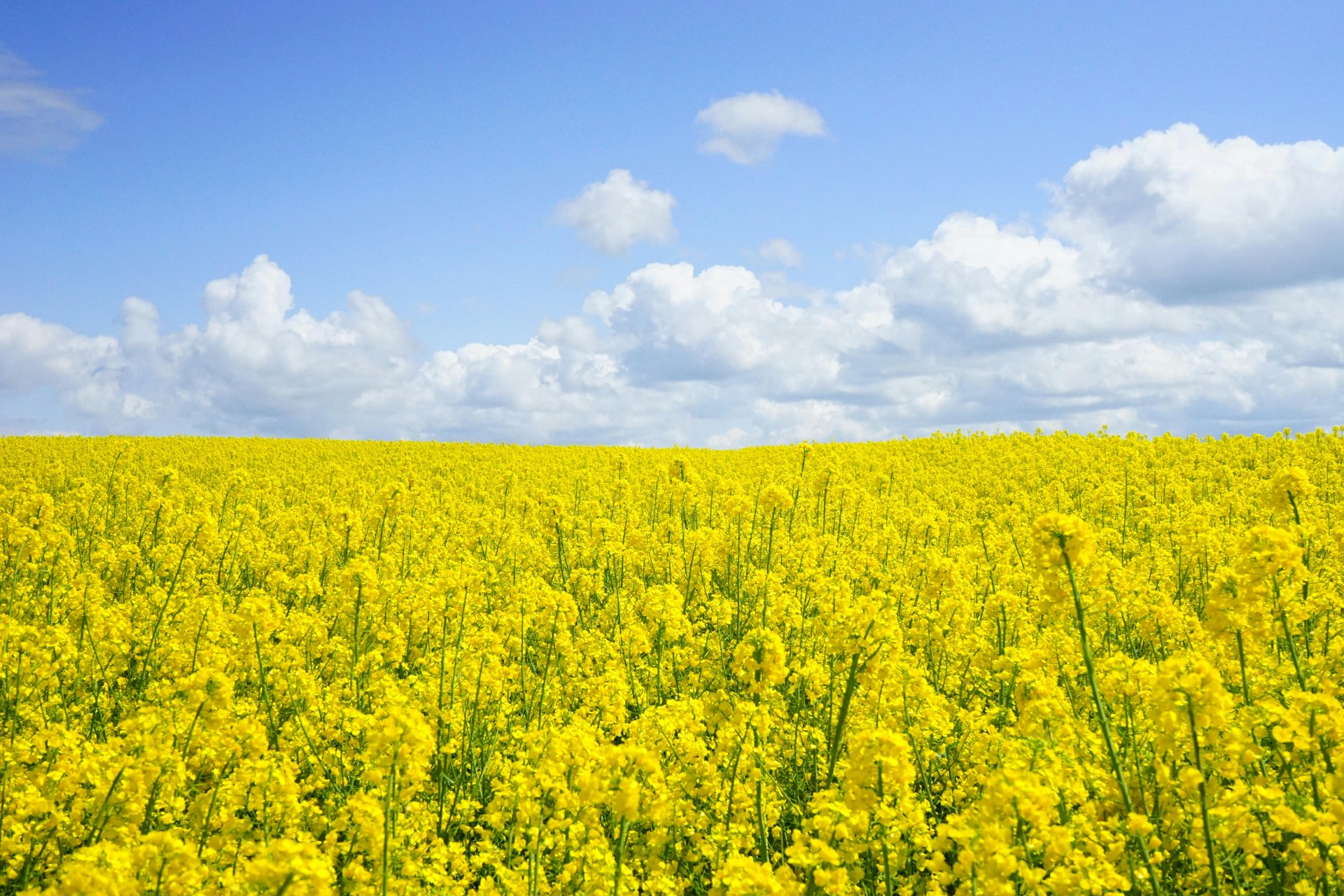MCAS and Histamine Intolerance
Have you ever experienced puzzling symptoms like skin flushing, itching, headaches, GI distress, or unexplained anxiety—and felt like no one could connect the dots?
For some, the root of these frustrating symptoms may lie in Mast Cell Activation Syndrome (MCAS) or histamine intolerance. These conditions can often feel invisible, but they are very real and can significantly impact daily life. Fortunately, with the right support and an individualized approach, healing is possible.
Understanding MCAS and Histamine Intolerance
Mast cells are a type of immune cell that play a role in protecting the body, especially in response to allergens or infections. In MCAS, these mast cells become overreactive—releasing histamine and other inflammatory mediators too easily and too often. This chronic, low-grade inflammation can lead to widespread symptoms such as:
-
Hives, flushing, or itching
-
Digestive discomfort, bloating, or diarrhea
-
Brain fog and fatigue
-
Irregular menstrual cycles
-
Dizziness or heart palpitations
-
Anxiety and mood swings
Histamine intolerance, on the other hand, is often caused by an imbalance between the amount of histamine consumed or produced and the body's ability to break it down. While different in origin, both MCAS and histamine intolerance result in histamine overload in the body and often present similarly.
What Contributes to Histamine Sensitivity and Mast Cell Dysregulation?
From a naturopathic perspective, MCAS and histamine intolerance often have underlying root causes—not isolated dysfunctions. Let's explore a few contributing factors:
1. Liver Detoxification Challenges
The liver plays a key role in metabolizing and clearing histamine. If liver detox pathways—especially phase II detoxification—are sluggish, histamine may build up. This may be due to:
-
Nutrient deficiencies (like B vitamins, magnesium, or glutathione)
-
Environmental toxin exposure
-
Alcohol or medication overload
Supporting liver function gently (without aggressive detoxes) is essential in managing histamine overload.
2. Hormonal Imbalance
Estrogen stimulates mast cells, and when estrogen is in excess (even relatively, compared to progesterone), it may aggravate histamine symptoms. This is why many people notice worsening symptoms around ovulation or just before menstruation.
Balancing estrogen metabolism—especially through liver support, dietary fiber, and regulating cortisol—can ease histamine-related flares.
3. Gut Microbiome and Dysbiosis
Your gut is home to both your microbiome and many of your mast cells. Imbalances in gut flora (especially SIBO or candida overgrowth) can stimulate mast cell activity or reduce the breakdown of histamine. Certain strains of gut bacteria also produce histamine, adding to the burden.
Healing the gut—through individualized antimicrobial herbs, probiotics, and digestive support—can greatly reduce reactivity.
4. Ehlers-Danlos Syndrome (EDS)
There is a strong link between hypermobile EDS (hEDS) and MCAS. The connective tissue laxity seen in EDS may contribute to increased mast cell activity and poor vascular tone, compounding symptoms like dizziness, fatigue, and inflammation. Recognizing this overlap is critical when tailoring care, especially in those with joint hypermobility, chronic pain, or frequent dislocations.
Naturopathic Treatment for MCAS and Histamine Intolerance
At its core, naturopathic medicine aims to uncover why the body is in a reactive state and provide support that gently guides it back to balance. While each person's plan is unique, some common principles include:
1. Nourish and Repair the Gut
-
Incorporate gut-healing foods (bone broth, cooked vegetables, ginger)
-
Avoid high-histamine foods temporarily (aged cheese, fermented foods, alcohol, leftovers)
-
Address SIBO or yeast overgrowth as needed
-
Reintroduce supportive probiotics cautiously (e.g., Lactobacillus rhamnosus, Bifidobacterium infantis)
2. Support Liver Detoxification
-
Ensure adequate B vitamins, magnesium, and molybdenum
-
Add bitter herbs (like dandelion or burdock) and cruciferous vegetables
-
Consider gentle liver-supportive formulas, not aggressive cleanses
3. Balance the Hormonal System
-
Track cycle patterns in symptom flares
-
Use herbs like Vitex (chaste tree) to support progesterone
-
Assess estrogen metabolism and liver conjugation pathways through lab testing if needed
4. Calm and Stabilize Mast Cells
-
Natural mast cell stabilizers such as:
-
Quercetin: A flavonoid that helps block histamine release
-
Vitamin C: Antioxidant and histamine-reducer
-
DAO enzyme: Assists in breaking down dietary histamine
-
Stinging nettle and turmeric: Anti-inflammatory and mast cell-soothing
-
-
Nervous system regulation through bodywork, nervous system support, and trauma-informed care
5. Address the Whole Person
Your body is wise. MCAS and histamine intolerance are not random—they are messages. By gently listening to your body, honoring what it's trying to tell you, and creating space for deeper healing, transformation is possible. This may include energetic or somatic bodywork, mindfulness practices, and re-patterning the stress response.
Final Thoughts
If you are navigating life with MCAS or histamine intolerance, please know you are not alone. These conditions can be isolating, but there is hope. Through naturopathic medicine, we seek to understand the whole story—not just the symptoms—and partner with you to restore your body's natural resilience.
If this resonates with your journey, I'd love to walk alongside you in your healing.
With warmth and care,
Dr. Hannah Buffie, ND
